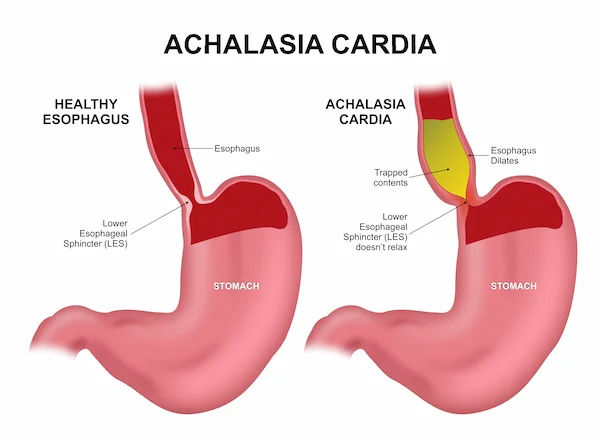- female
- 30 Years
- 22/01/2025
I'm a bit worried because every time I take Rekool D, it feels like the capsule gets stuck in my throat. After a while, I start to feel acid rising up into my throat, and its really uncomfortable. Some days I have a normal bowel movement, but other times its a bit mild. This has been going on since April, and I'm unsure what's happening with my body. Could you help me understand what might be going on?
Answered by 1 Apollo Doctors
Your symptoms seem to be a combination of possible acid reflux (GERD) and issues with swallowing the Rekool D medication, possibly exacerbated by IBS or digestive sensitivity. It's important to address these issues with your doctor, as they can recommend modifications in your treatment plan or explore further testing to rule out other conditions. Taking the medication with plenty of water, following up with your doctor, and potentially adjusting your diet could help manage your symptoms more effectively.
Dr. Anshul Suggests...
Consult a Gastroenterology/gi Medicine Specialist
Answered 04/07/2025
0
0

More Gastroenterology/GI medicine Health Queries
View allI'm really worried about my husband. He's been diagnosed with fatty liver grade 2 and he also has borderline diabetes. Sometimes, he experiences pain just below his chest. Could you please offer some advice or suggest what we should do next?
For fatty liver grade 2 and diabetes with occasional chest pain, I recommend medications such as Ursodeoxycholic acid for liver support, Metformin for diabetes management, and Ranitidine for chest pain relief. It is important to follow a healthy diet, exercise regularly, and monitor blood sugar levels closely.
Answered by 1 Apollo Doctors
I've been dealing with anal fissures for over 4 months now and it's getting unbearable. Sometimes the pain kicks in right after my morning stool, other times it just starts out of the blue and sticks around all day. It gets so bad that I can't walk properly, and it hurts to sit or even try to sleep. I'm really struggling heredo you have any advice or treatments that could help?
you may have high grade anal fissure, have non spicy ,bland ,soft diet , consult surgeon, you may need to undergo surgery
Answered by 1 Apollo Doctors
I recently got an MR defecography test done and have the report. Can you help me understand if surgery is necessary or if there are other ways to treat this condition? What options do I have based on the findings?
Kindly share the report here.
Answered by 1 Apollo Doctors
Disclaimer: Answers on Apollo 247 are not intended to replace your doctor advice. Always seek help of a professional doctor in case of an medical emergency or ailment.




_4.webp)